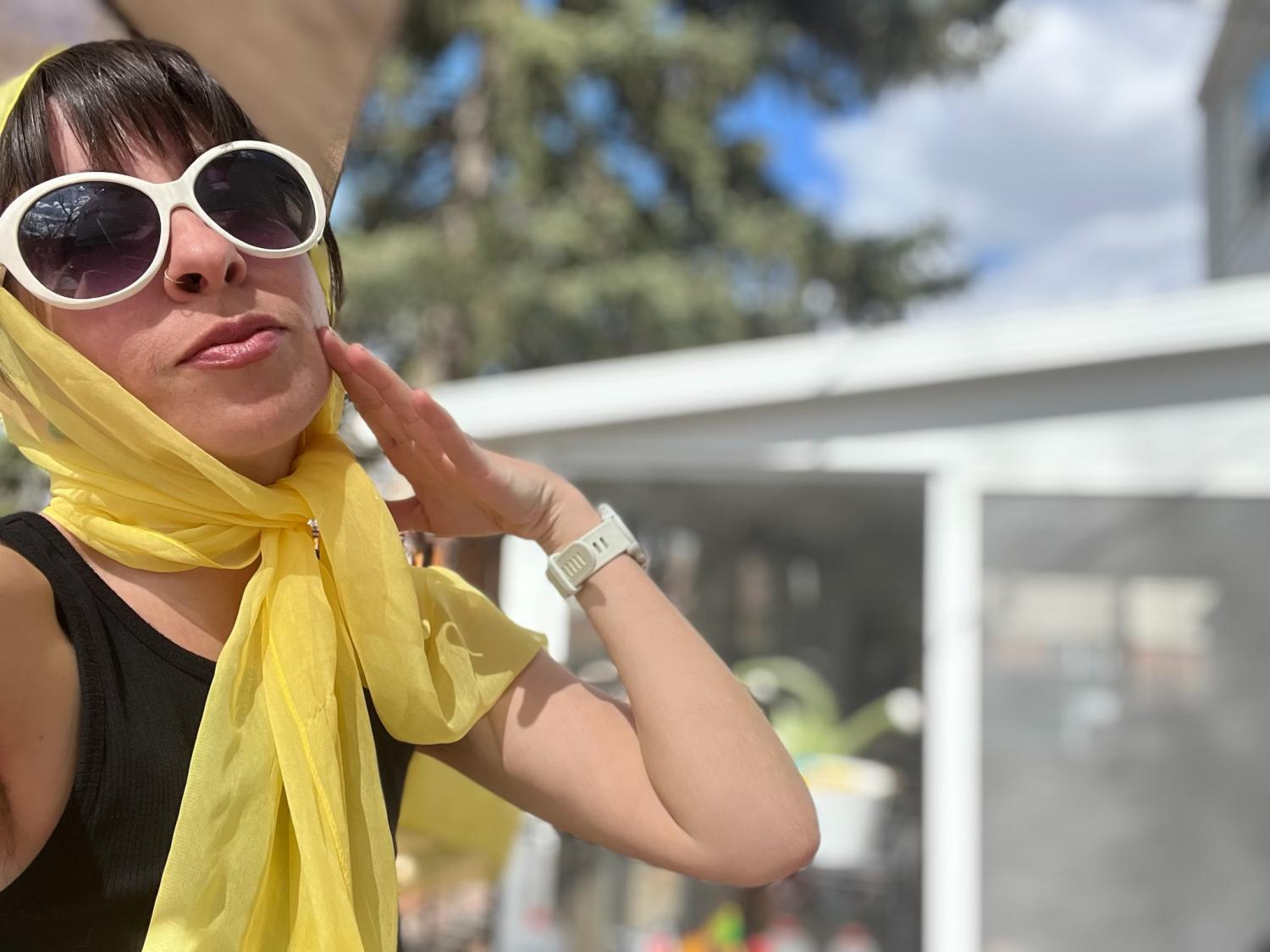Bianca Barriskill
- (She/her)
- Program Assistant
I am a talent scout of historians with a dedication to Applied history and community engagement. Since September 2024, I have worked as the Program Assistant for the Applied History Initiative (AHI) at the University of Colorado Boulder. Before that I was one of the recipients of the Mellon Applied History initiative fellowship, which gave me an inside view into the world of academic history and the struggles emerging scholars face in academia today.
In my current role as Applied History Program Assistant, I coordinate public outreach campaigns and collaborate with institutions across Colorado and beyond. I also manage grant-funded budgets, facilitate team projects, and engage in risk management to address critical issues concerning the field of Applied History.
Before joining AHI, I served as the Program Assistant at Golden History Museum and Park, where I curated programs highlighting Colorado history, supported Indigenous-focused exhibits, and worked with the museum’s curator on collections deaccessioning and storage. I also fostered relationships with historians, archivists, and cultural institutions to enhance research initiatives and managed the museum’s volunteer team.
As an Independent Historian, I have developed and managed oral history collections, including projects emphasizing Indigenous perspectives on Proposition 122 and contemporary drug policy. My personal work reflects my commitment to amplifying underrepresented voices and engaging directly with communities to document their stories. I hold a Master of Arts in Public History from the University of Colorado Denver, where I focused on museum studies, historical interpretation, and racial capitalism.
Through my work and research, I strive to build bridges between the past and present, creating inclusive spaces for learning and dialogue. Applied history plays a vital role in today's increasingly politicized world by providing context and nuance to contemporary debates, fostering informed decision-making, and creating bridges between academic scholarship and public discourse. It offers a platform for understanding complex historical narratives and equips communities to navigate challenges with historical insight and perspective.


